ASSOFERMET announced today (May 13, 2025) its assessment of the Steel and Metals Action Plan published by the European Commission. Stating that they welcome the plan in general terms, the association stated that the content is not concrete enough and does not respond to the real needs of the sector.
ASSOFERMET emphasized that while the plan shows an intention to protect the EU steel industry, an approach that focuses only on production and does not include measures to stimulate demand is insufficient in the current crisis.
“Lack of Demand is Ignored”
Pointing out that the steel industry, which covers approximately 156 production facilities and 300 thousand employees across the EU, has difficulty in competing with countries with low-cost production, the association underlined that consumption should be supported as much as production in the current situation. ASSOFERMET warned that ignoring the manufacturing sector, especially those using semi-finished and finished steel products, will have chain economic consequences.
“13.6 Million Jobs at Risk if Consumption Does Not Increase”
Reminding that during the post-Covid-19 recovery, businesses in the supply chain supported EU production by importing steel from third countries, the statement read that revitalizing lost market demand is critical for the sustainability of production and employment in the EU. According to the association, a contraction in the steel supply chain could lead to serious job losses in sectors employing 13.6 million people.
CBAM's Scope Should Be Expanded
The association also noted that the EU's Carbon Border Adjustment Mechanism (CBAM) currently only covers certain semi-finished and finished products, but if it is not extended, European products will lose competitiveness. ASSOFERMET warned that price harmonization could have inflationary effects and suggested that CBAM be updated to include finished steel products.
“No Demand for Green Steel, Economic Support Required”
Measures to promote the production of “green steel” alone will not be enough, as market demand for these products remains at very low levels, the association stated. ASSOFERMET emphasized that at least three years of economic intervention and structural supports to encourage consumption are essential for the recovery of the European steel industry and suggested the introduction of various incentive mechanisms such as tax credits, grants and low-interest loans for SMEs within the EU budget.
“Import Dependency Increases, Domestic Market Should Be Revitalized”
Stating that restricting imports through trade measures only protects producers and increases costs for end users, the statement demanded more effective protection mechanisms in the domestic market against imports of products with high steel content. Additional proposals such as mandatory use of EU steel in public tenders and VAT reduction on products with high steel content were also put on the agenda.


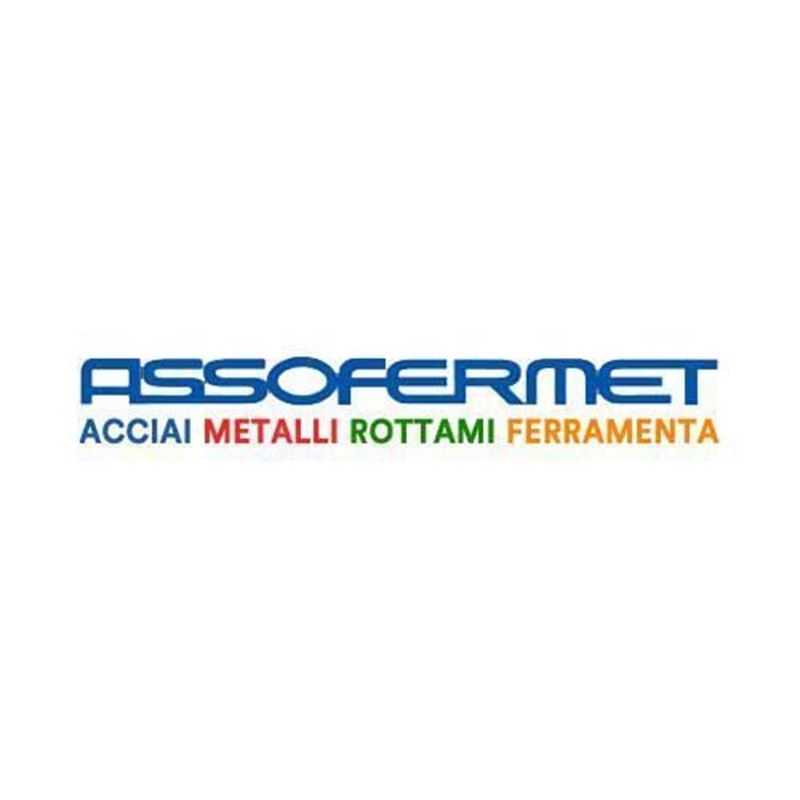
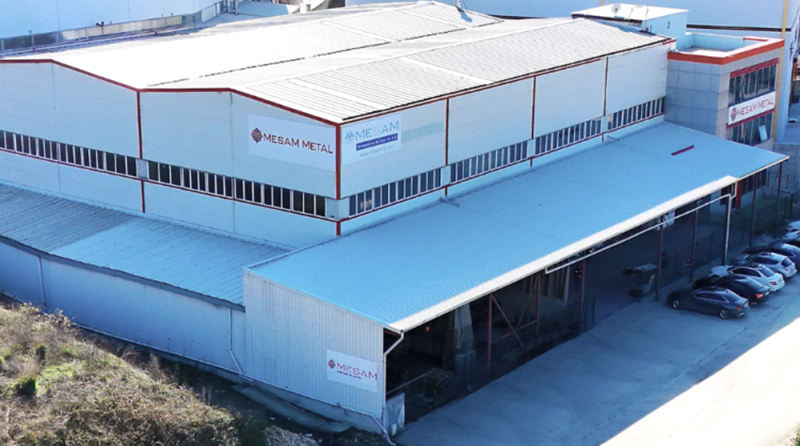
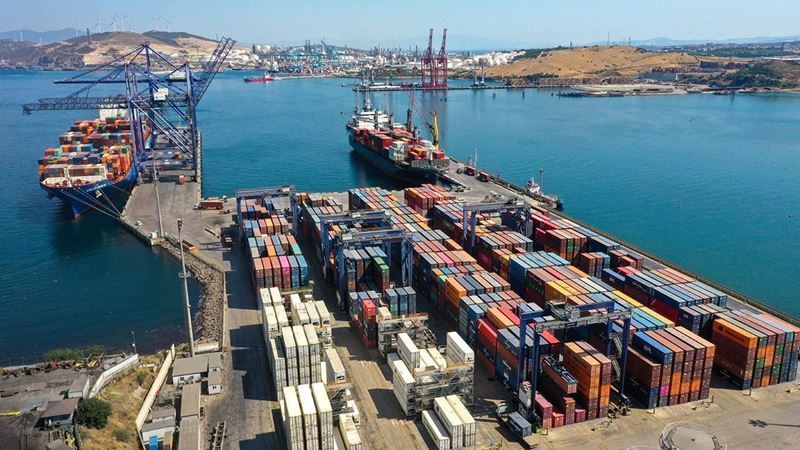
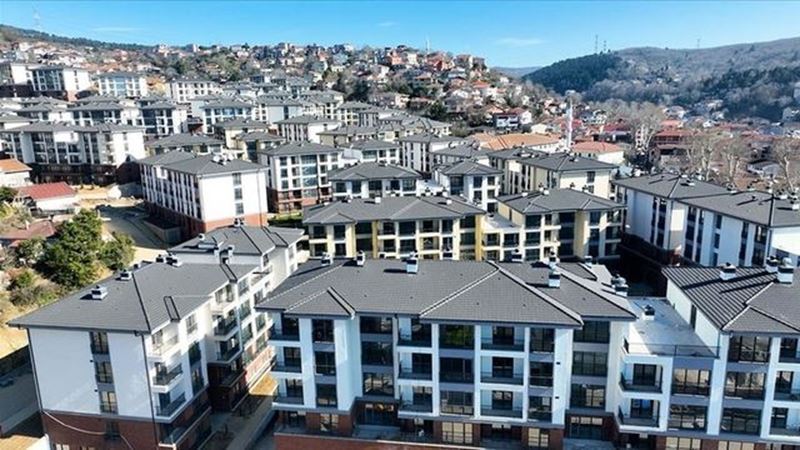
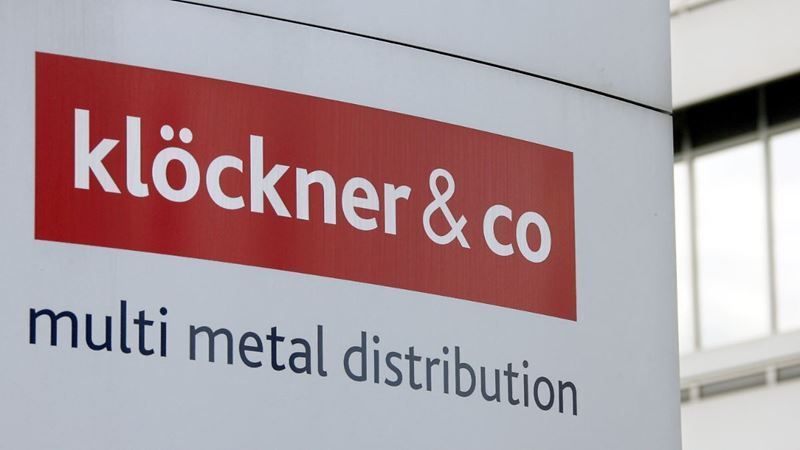
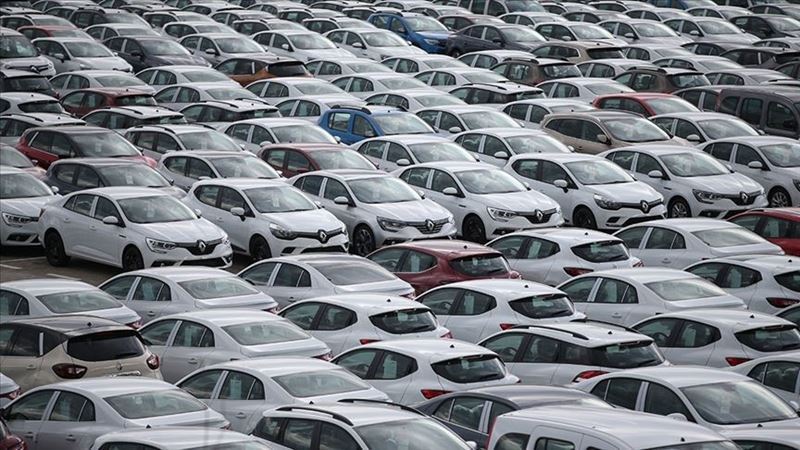


Comments
No comment yet.